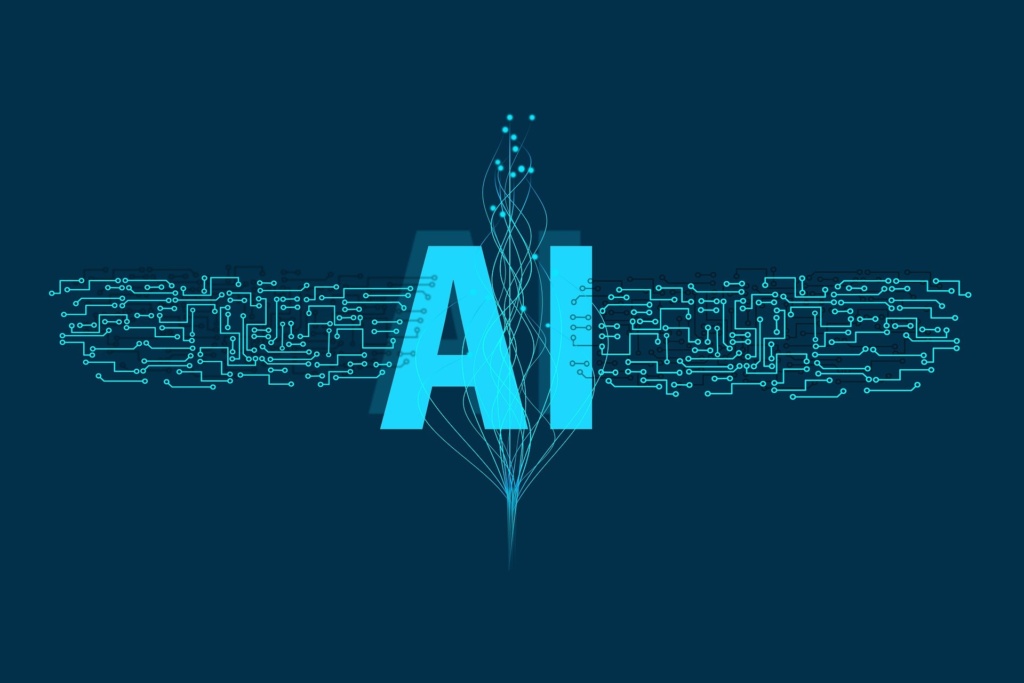
By Professor Ojo Emmanuel Ademola – In today’s digital landscape, the de- bate over prioritizing AI and IT in- frastructures has gained considerable traction.
Proponents of AI advancement argue that it is pivotal for driving innovation and securing a competitive edge in the market. Conversely, supporters of IT fundamentals emphasize the critical role of a resilient technological foundation in facilitating and safeguarding AI applications. This ongoing discourse holds profound implications for organizations undertaking digital transformation, as finding the optimal equilibrium between investing in AI technologies and fortifying essential IT infrastructure is indispensable for sustained success in the modern business environment.
Yes, the prioritisation of AI over IT fundamentals can be a subject of debate. Some may argue that AI is the future of technology and should be given more attention and resources, while others may argue that neglecting IT fundamentals in favour of AI could have negative long-term consequences. It’s important to consider the potential trade-offs and long-term implications of prioritizing one over the other.
Let’s explore the debate between the prioritisation of AI and IT infrastructures. It entails delving into the perspectives of both AI proponents and advocates of IT fundamentals, providing examples to support the assertions presented. The concluding statement serves as a transition towards finding a balanced approach. Overall, it could be an effective way to examine the complexities of the issue and provide a comprehensive understanding of the debate.
For proponents of AI, prioritizing AI over IT fundamentals may seem like a logical decision given the potential for AI to revolutionize industries and improve efficiency. They may argue that investing in AI technologies, such as machine learning and natural language processing, can lead to groundbreaking advancements in areas like healthcare, finance, and transportation. For example, AI-driven medical diagnostics could lead to improved accuracy in detecting diseases, while AI-powered financial analysis could lead to more precise investment strategies.
On the other hand, supporters of IT infrastructure may argue that neglecting the basics of IT, such as network security, data storage, and system maintenance, could lead to significant vulnerabilities and operational inefficiencies. They might point to examples of AI technologies failing due to inadequate IT support, such as data breaches caused by poorly secured AI systems or system failures due to inadequate infrastructure.
Ultimately, the debate comes down to striking a balance between investing in cutting-edge AI technologies and ensuring the foundational IT infrastructure is robust and secure. Both AI and IT fundamentals are critical for building a strong technological foundation, and the debate should focus on how to prioritize resources to effectively leverage the potential of AI while maintaining the integrity of IT infrastructure.
Advocates for AI might argue that prioritizing AI over IT fundamentals is essential for staying competitive in the rapidly evolving digital landscape. They may emphasize the transformative potential of AI in driving innovation, optimizing processes, and gaining a competitive edge. For instance, AI- powered chatbots and virtual assistants can enhance customer experiences, predictive analytics can optimize supply chain management, and autonomous vehicles can revolutionize transportation. Investing in AI can lead to breakthroughs that reshape entire industries, making it a priority for businesses and organizations.
On the other hand, proponents of IT fundamentals may stress the critical role of a sturdy technological infrastructure in supporting and securing AI applications. Without a secure and scalable IT foundation, AI initiatives may face challenges related to data management, interoperability, and compliance. For example, a healthcare organisation leveraging AI for patient diagnostics must ensure that its IT infrastructure can handle the volume and diversity of medical data securely and in compliance with regulations such as HIPAA.
Ultimately, the debate is about finding the optimal balance between investing in advanced AI technologies and shoring up the essential IT infrastructure to support and secure these innovations. Both AI and IT fundamentals are necessary for the successful digital transformation of businesses and industries, and the prioritization of resources should reflect the need to advance both fronts in a coordinated manner.
The debate over prioritising AI versus IT fundamentals is a crucial one, as both have their significance in the digital landscape. Proponents of AI argue that prioritising it is essential for driving innovation and gaining a competitive edge. For instance, AI-powered chatbots and virtual assistants can enhance customer experiences, while predictive analytics can optimize supply chain management. However, advocates of IT fundamentals emphasize the critical role of a sturdy technological infrastructure in supporting and securing AI applications. For a healthcare organization leveraging AI for patient diagnostics, ensuring that its IT infrastructure can securely handle medical data while complying with regulations such as HIPAA is crucial. A balanced approach is needed, as both AI and IT fundamentals are necessary for successful digital transformation. Finding the optimal balance between investing in advanced AI technologies and shoring up essential IT infrastructure is key to effectively advancing both fronts.
Conclusively, the discussion surrounding the prioritization of AI and IT infrastructure is not a simple dichotomy, but rather a complex balancing act. Both AI innovation and robust IT infrastructure are indispensable for successful digital transformation.
By adeptly harmonizing advanced AI technologies with a fortified foundation of IT elements, organizations can effectively position themselves to capitalize on the extensive opportunities presented by AI, while simultaneously establishing a secure and stable technological environment for future growth and progress. As such, a well- rounded and integrated approach to AI and IT infrastructures is crucial for fostering innovation, improving operational efficiency, and maintaining a sustainable competitive advantage amid the dynamic and ever-evolving digital landscape.
Prof. Ojo Emmanuel Ademola is the first Nigerian Professor of Cyber Security and Information Technology Management, and the first Professor of African descent to be awarded a Chartered Manager Status.









